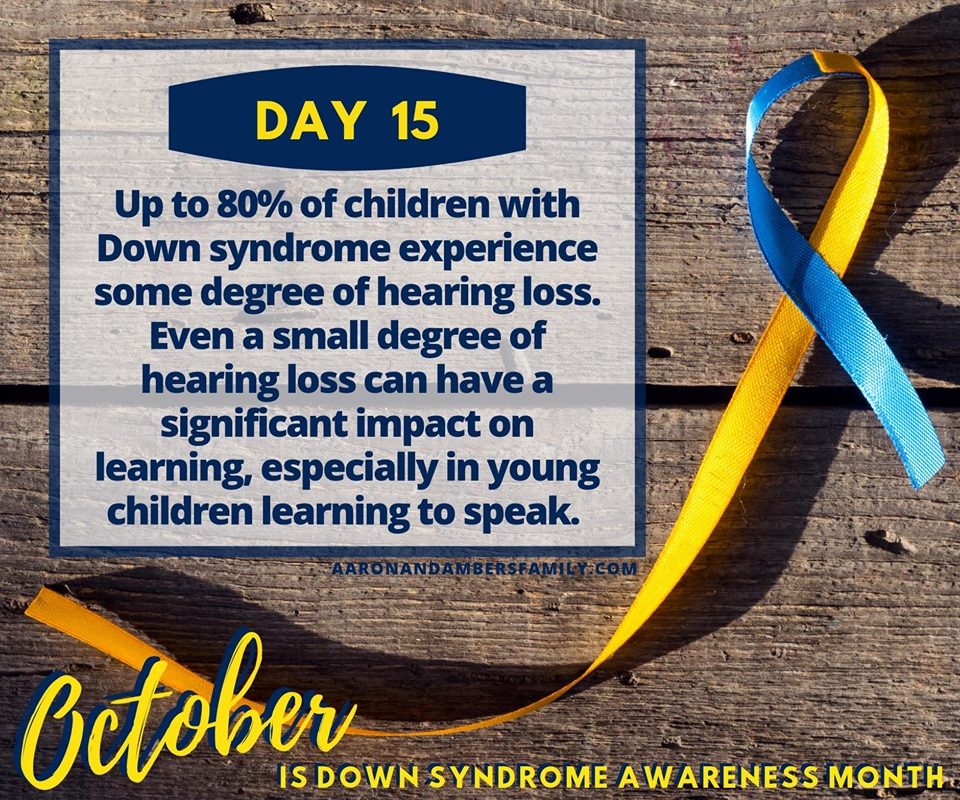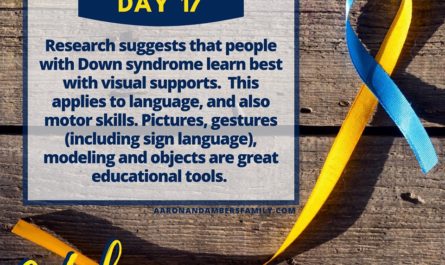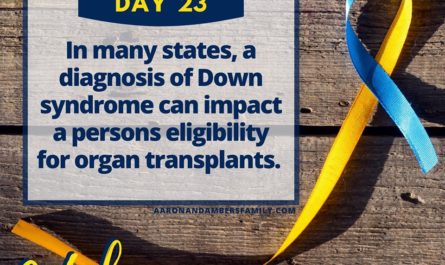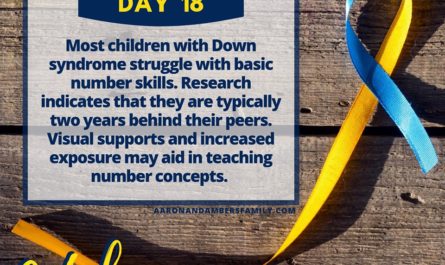AJ’s ear canals are tiny. So tiny in fact, that as an infant he failed his hearing tests. Multiple times.
After failing enough, we were told he would need a sedated hearing test, and to be prepared for possibly needing tubes.
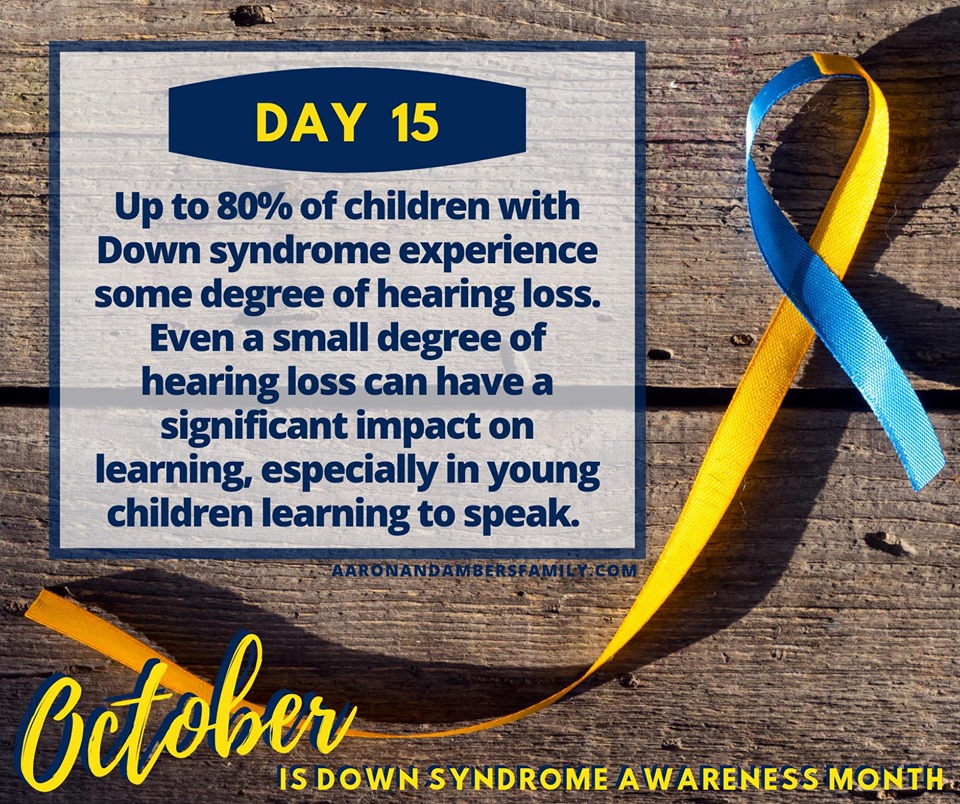
Everyone is always wary of putting AJ under anesthesia, but we were lucky enough to manage to have cardiology and ENT coordinate a handoff while under sedation during one of AJs heart catheterizations.
We were shocked when they came back and said his hearing was fine. And that he didn’t need tubes.
Legitimately shocked. We were so used to AJ needing every possible intervention under the sun that was ever recommended that we actually hadn’t mentally prepared ourselves to learn that his hearing was fine. The only feedback we got was that his ear canals are really tiny, and that they were really full of wax.
This also meant that his ignoring our requests was likely a selective hearing problem and not a medical problem.
Having small ear canals is relatively common in kids with Down syndrome, and smaller ear canals are one of many factors that can lead to an increased risk of ear infections.
Because of this, it didn’t surprise me to learn that there are so many children with Down syndrome who do have some degree of hearing loss. But what I never realized until recently was how even the smallest bit of hearing loss can have a drastic impact on a persons ability to learn to read, write and speak. It doesn’t take much loss of hearing to make it nearly impossible to hear the difference between “mat/cat/that/bat” and other similar words.
Hearing tests are incredibly important for all children, but given the higher risk of hearing concerns in children with Down syndrome, it’s definitely important to be vigilant and proactive.

